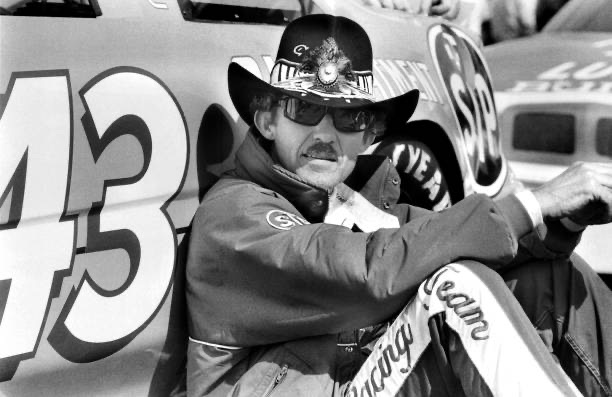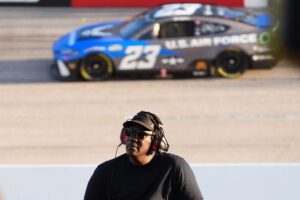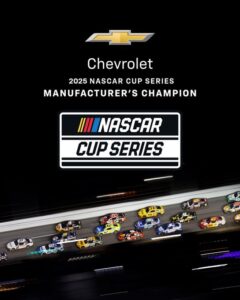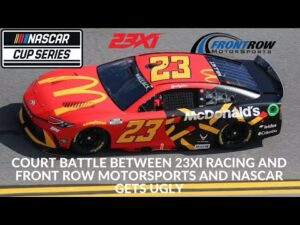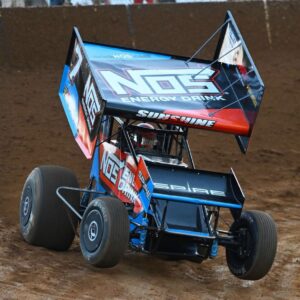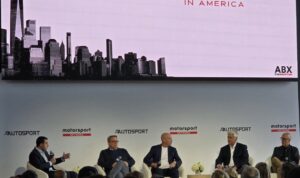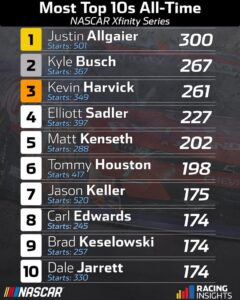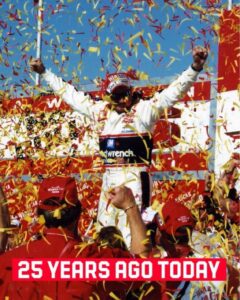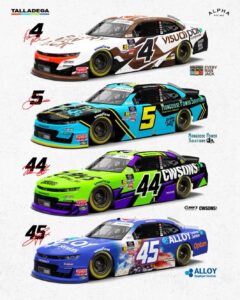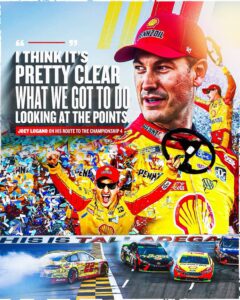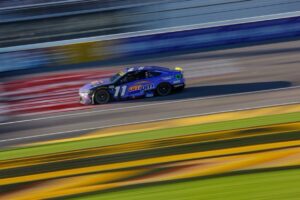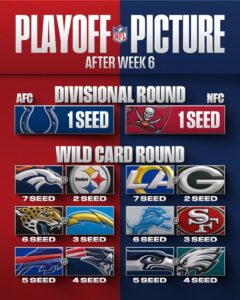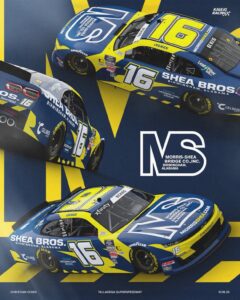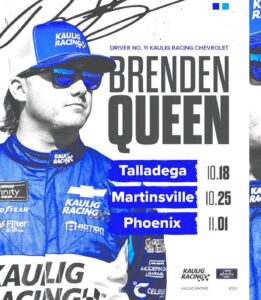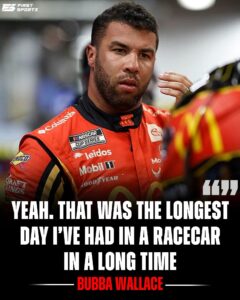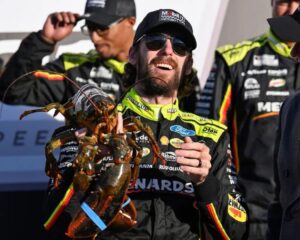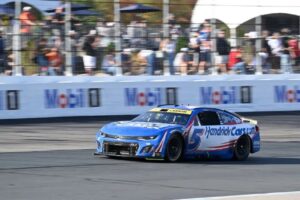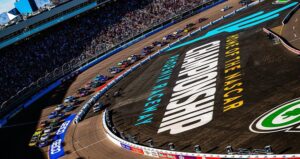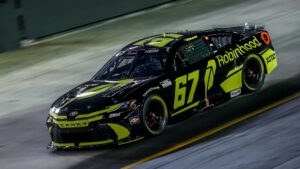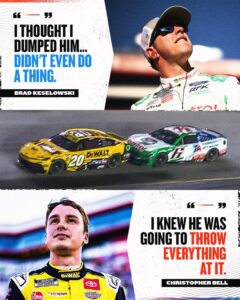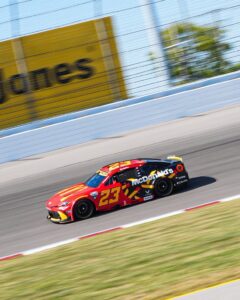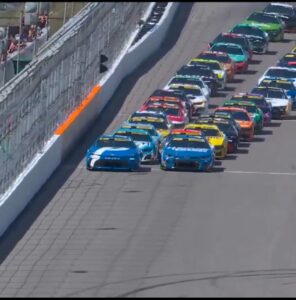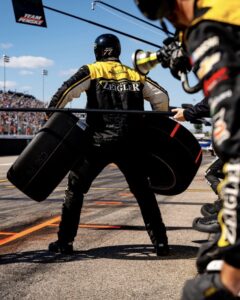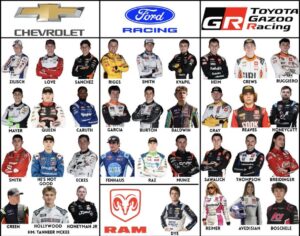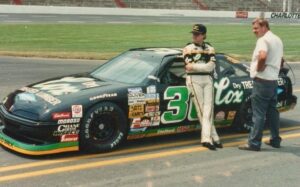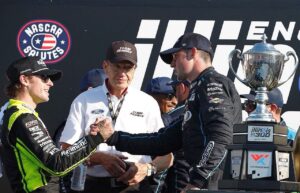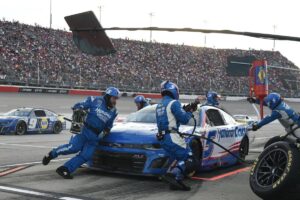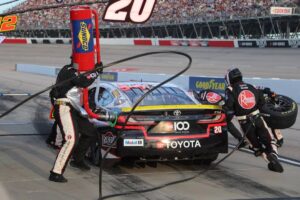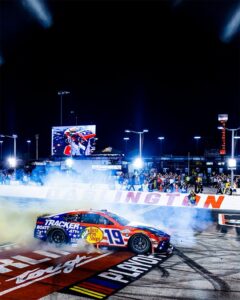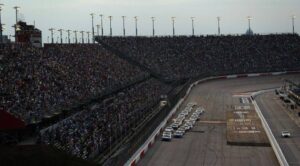In the ever-passionate world of NASCAR fandom, debates often get heated—and nowhere is that more true than in online spaces like r/NASCAR. One of the more controversial takes circulating recently is the claim that Richard Petty, the “King” of NASCAR, was essentially a fraud—benefiting from “Mickey Mouse” tracks, weak competition, and 10-car fields. It’s a bold assertion, but is there any truth to it?
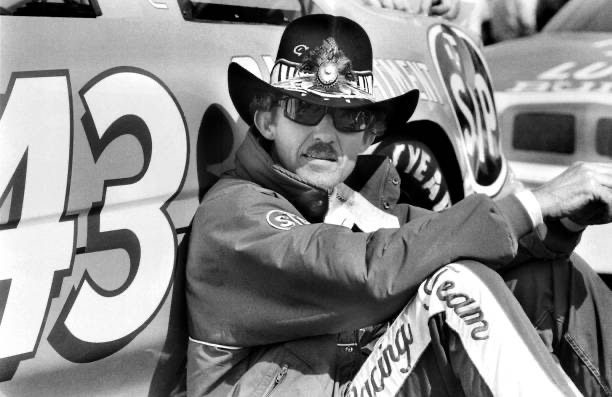
Let’s break it down.
The Context: Richard Petty’s Era
Richard Petty raced from 1958 to 1992 and holds a record 200 NASCAR Cup Series wins. He dominated in the 1960s and early ’70s, with his most prolific season coming in 1967—when he won an astonishing 27 races, including 10 in a row.
However, this era was wildly different from modern NASCAR. Fields were often smaller, especially at short tracks and local fairgrounds. The sport was still regional and less regulated. Many teams were underfunded, and factory support from major automakers ebbed and flowed depending on the year.
So yes—Petty’s record was built in a time when not every race had 40+ cars and a deep roster of elite talent. But does that make his accomplishments fraudulent?
The “Mickey Mouse Tracks” Argument
Critics argue Petty racked up wins on obscure short tracks—some dirt, some paved—that no longer exist on today’s schedule. They call these “Mickey Mouse tracks” to imply they were unprofessional, low-skill venues.
But that’s a mischaracterization. Short tracks were the lifeblood of NASCAR in its formative decades. Petty didn’t choose to race on those tracks—they were the schedule. And he beat the same competition that everyone else faced. In many cases, those tracks demanded even more technical skill, especially on dirt, than today’s superspeedways.
“10-Car Fields”: A Half-Truth
Yes, some races in the early days had small fields—sometimes under 20 cars. But that wasn’t the norm for Petty’s career. Many races in the 1960s and ’70s had 30 to 50 entries. And Petty wasn’t winning solely in these lighter fields; his dominance extended to Daytona 500s, Southern 500s, and other crown-jewel events with full grids and elite talent.
Plus, the attrition rate back then was brutal. Cars often failed to finish due to mechanical issues, so surviving the race was half the battle.
Dominance Doesn’t Equal Fraud
It’s easy to look back and sneer at older eras through the lens of modern competition, but context is everything. Petty’s team—Petty Enterprises—was the Hendrick Motorsports of its day: well-funded, well-prepared, and ahead of the curve. He didn’t win because the fields were small; he won because he was better prepared, better supported, and yes, more talented than most of his contemporaries.
Legacy Matters
Petty was a pioneer. He helped build the sport, transcended it culturally, and brought it to national prominence. His record may never be matched, and dismissing it as a fluke disrespects not only him but the foundation of NASCAR itself.
The Verdict
Was Richard Petty a product of his time? Absolutely. But a fraud? Not even close.
He didn’t just win races—he defined an era. And without that era, there may not even be a NASCAR for modern fans to argue about.
So, Reddit may love its hot takes, but when it comes to NASCAR royalty, Richard Petty’s crown is well earned.
